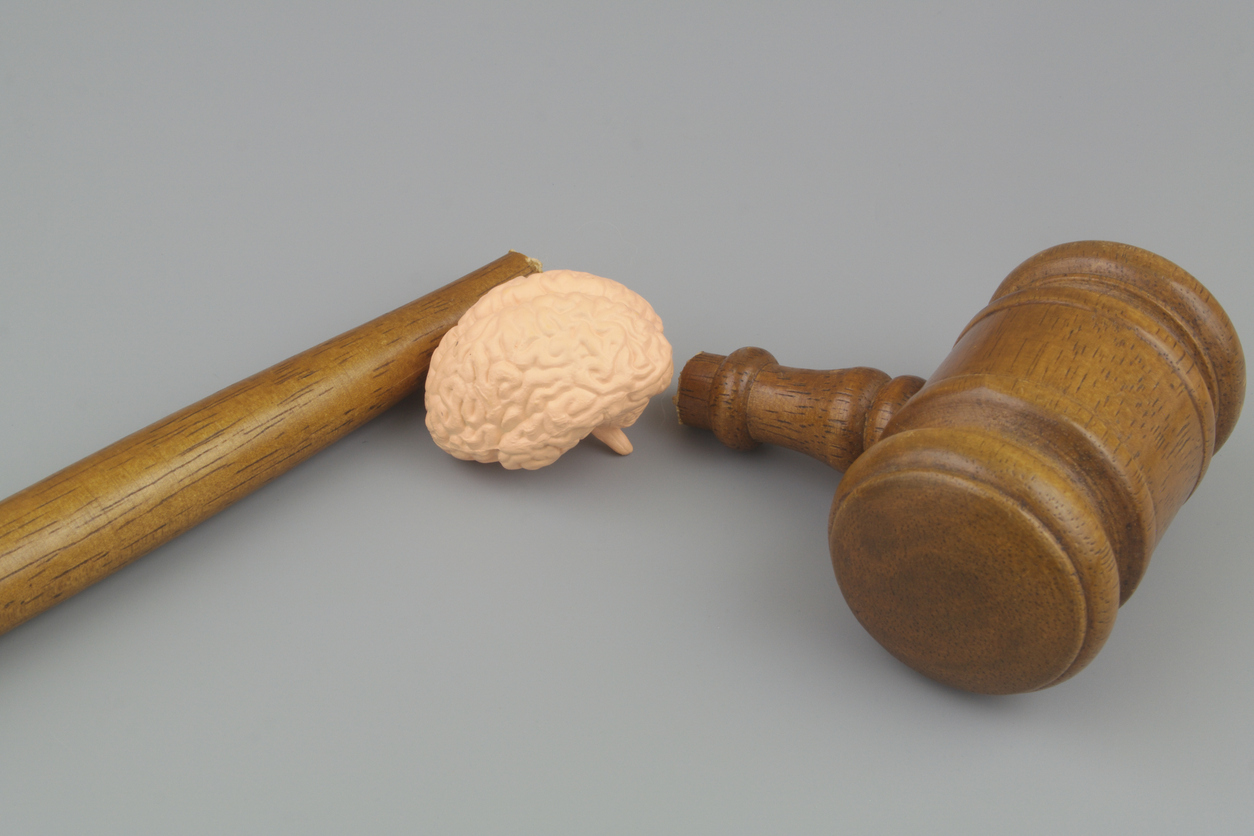- 2 Nov 2025

Facing a brain injury can be a daunting experience that upends your life physically, emotionally, and financially. If you’ve sustained such an injury due to someone else’s negligence, hiring the right legal representation is crucial. However, finding the best fit among many law firms and attorneys can feel overwhelming. Knowing the top questions to ask brain injury attorneys in Glendora before hiring will empower you to make an informed decision that protects your rights and maximizes your chances of receiving fair compensation.
Why Asking Questions Before Hiring Matters
Brain injury claims often involve complex medical facts and legal challenges. Insurance companies may try to minimize payouts or deny responsibility, so having a knowledgeable and communicative attorney on your side can make a significant difference. But not all attorneys are the same. Asking pointed questions early in your search helps you gauge experience, communication style, approach, and transparency, ensuring you choose a lawyer equipped to fight for you.
What Experience Do You Have with Brain Injury Cases?
One of the first and most important questions to ask brain injury attorneys in Glendora before hiring is about their specific experience handling brain injury claims. Brain injuries vary widely in severity, cause, and long-term effects. You want an attorney familiar with your type of injury and knowledgeable about medical nuances, potential complications, and realistic outcomes.
Ask how many brain injury cases they have handled and what percentage of their practice these cases represent. Inquire about their success rate, settlement amounts, and trial experience. Attorneys with a history of winning substantial settlements or verdicts in brain injury cases are more likely to understand how to navigate the complex terrain of evidence, expert testimony, and negotiations.
How Will You Communicate with Me Throughout the Case?
Effective communication is vital throughout what can be a lengthy and stressful legal process. Ask how often you can expect updates on your case and who your primary point of contact will be — the attorney themselves or their support staff. You want to feel heard and informed, not left in the dark.
Find out their preferred methods of communication, whether phone calls, emails, or in-person meetings, and how quickly they typically respond to client inquiries. Clear and timely communication helps build trust and reduces anxiety during challenging times.

What Is Your Fee Structure?
Understanding the financial side of representation is critical. Most brain injury attorneys work on a contingency fee basis, meaning you only pay if you recover compensation. However, the percentage taken and whether there are additional costs like expert fees, filing fees, or administrative expenses vary.
Ask for a detailed explanation of the fee agreement and any out-of-pocket expenses you might be responsible for. Request that all terms be put in writing before you sign anything. Transparency here prevents unpleasant surprises and helps you focus on your recovery.
How Will You Build and Investigate My Case?
Strong brain injury claims require thorough investigation and evidence collection. Ask how the attorney plans to gather medical records, accident reports, witness statements, and expert opinions. Will they consult with medical professionals or accident reconstructionists? What is their approach to establishing liability?
Their response will reveal their dedication and resourcefulness in crafting a compelling case. An attorney who discusses these steps in detail demonstrates professionalism and readiness.
How Long Do You Expect My Case Will Take?
While no attorney can guarantee exact timelines, it’s helpful to get an estimate based on similar cases. Brain injury claims often involve extended medical treatment and rehabilitation, which can delay resolution.
Knowing a rough timeline helps you plan your recovery, finances, and personal affairs. It also sets realistic expectations and reduces frustration.
Will You Handle My Case Personally?
Some attorneys handle all aspects of a case themselves; others delegate tasks to associates, paralegals, or junior attorneys. Ask who will be responsible for various case tasks and how involved the lead attorney will be.
You want clarity on who to contact and reassurance that your case will receive adequate attention from experienced professionals.
What Are the Possible Outcomes of My Case?
Discuss what outcomes are realistic for your situation. What kinds of compensation have their clients received? How do they assess pain and suffering, lost wages, future medical care, and long-term disability?
Honest answers prepare you emotionally and financially for the results, whether through settlement or trial verdict.
Can You Provide References or Client Testimonials?
Hearing directly from former clients about their experiences provides valuable insight into the attorney’s professionalism, communication, and results. Ask if they can share references or direct you to testimonials.
Are You Prepared to Take My Case to Trial if Necessary?
Some brain injury claims settle quickly, but others require litigation. Confirm that your attorney has trial experience and is willing to take your case to court if insurance companies do not offer fair compensation.
What Should I Do After Hiring You?
Lastly, ask what is expected from you after hiring. What documents should you provide? How should you handle medical appointments or insurance communications? Clear guidance helps avoid mistakes that could weaken your claim.
Making the Right Choice
Knowing the top questions to ask brain injury attorneys in Glendora before hiring helps you identify a legal team that is experienced, communicative, transparent, and dedicated to your case. Don’t rush your decision — take the time to meet with several attorneys and compare responses.
For further guidance and trusted legal support, visit top questions to ask brain injury attorneys in Glendora before hiring. Additionally, the American Bar Association provides valuable resources on your legal rights.
By asking the right questions, you increase your chances of finding a committed advocate who will navigate the complexities of brain injury law on your behalf and help you secure the compensation you deserve.
Recent posts
- 17 Oct 2025
Categories
- Accident & Injury Law (54)
- AI (1)
- Copyright Law (1)
- Criminal & Civil Law (17)
- Disability Law (2)
- Driving Law (2)
- Employment Law (1)
- Estate Planning (2)
- Family & Relationship Law (29)
- Food and Drink (2)
- Gas Exposure (1)
- Health (1)
- Immigration Law (2)
- Injury Claim (1)
- Insurance Law (7)
- Legal (40)
- Lemon Law (4)
- Mediation (3)
- Medical Malpractice (1)
- Property & Business Law (9)
- Severance Agreement (1)
- Travel and Leisure (1)
- Uncategorized (12)
- Worker Compensation (2)

